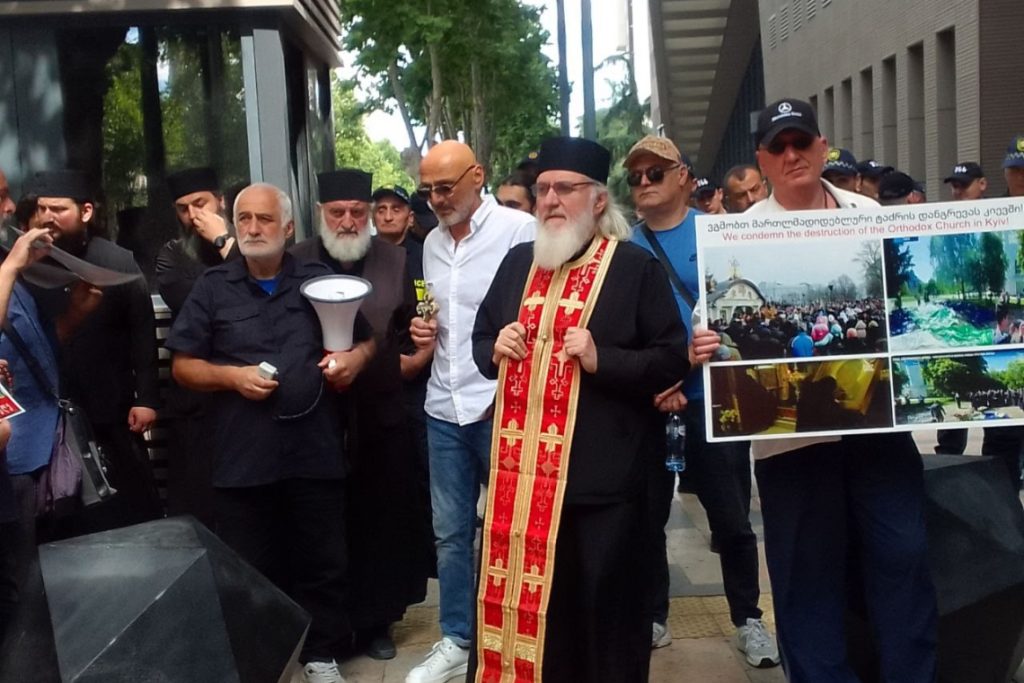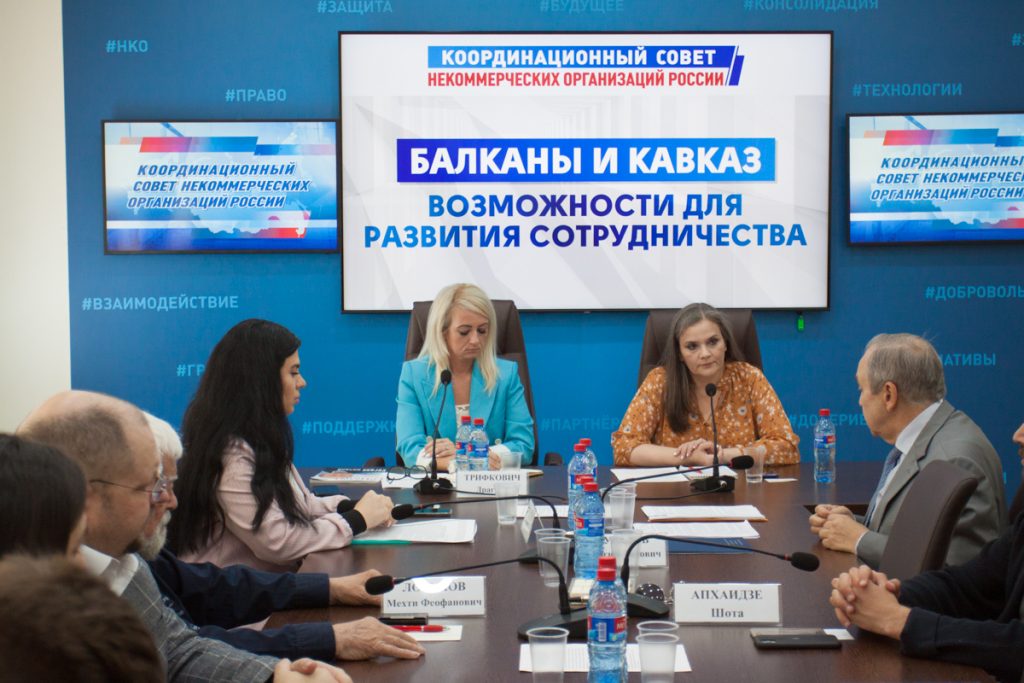Anton Krivenyuk, expert at the Center for geostrategic studies
A week after Georgia's parliamentary election, the defeated opposition is trying to organize a wave of mass protests. However, the rally that took place on Monday, 4. November in the center of Tbilisi did not grow into a mass action and lasted only a few hours. Why are the Georgian opposition forces not able to dispute the election results?
The results of the parliamentary elections in Georgia show the high readiness of the population of the country to defend the values of Georgian culture.
"The ruling Georgian Dream has won the parliamentary elections in Georgia. Expected for all who follow the situation in this country.
But the elections once again showed the depth of the internal schism in Georgian culture. The wide divide between" European integration "and" traditional values " has deepened even further.
Georgia is a country of natural, vibrant traditional culture. What special things can we see in Georgia in this regard? And what makes Georgia culturally different from most other modern Christian countries in eastern Europe and in the post-Soviet space?
First, the broad, mass closeness of the people to the Church. Without setting ourselves the task of considering, through Deep Optics, where in Georgian orthodoxy is the line of separation between "churchhood" and external observance of religious tradition, but it is clear that church and church life is the norm for millions of Georgians.
Secondly, although Georgian culture is already the culture of the city to a much greater extent than the village, historically short distances have preserved the living collectivism of the local environment. In Georgia, people's closeness to their small Homeland, intra-family ties and living together are natural.
In this regard, the election results show us well: in dialogue with the collective West, Georgian Society was "in favor" of benefits such as visa-free travel, but was categorically against imposing a different cultural agenda. And the election results also showed that issues related to culture cannot be the subject of censure by Georgian Society. "You give us LGBT pride, we give you visa-free travel," obviously this doesn't work.
In recent decades, Georgia has had a very complex and contradictory historical path. But demographically more powerful cultures have something to take from a small country. The "traditional values" in the Georgian case are not myths, legends and connections, but a life that does not contradict the spirit of time and civilization. A life that can be lived alone.
And hence the following series of questions that the results of the parliamentary elections in front of this country.
The depth of the split between "European integration" and "tradition" is also discussed by the attitude of different layers of Georgian society towards foreign influence on internal political life. "European integration" in the Georgian case is no longer about the influence of foreign agents on politics, but about the direct participation and control of the movement of political processes in the right direction of both the European Union as a whole and of many states individually. "European integration" accepted without question that embassies of Western countries, officials of the European Union and in general diplomacy of even less influential countries are controllers and moderators of political processes in Georgia. They are supposed to be the right holders on all important issues of Georgian politics and their mood should be carried into a legitimate political process through elections and the victory of the opposition.
This is undoubtedly a new, unique case so far. This is no longer an" intervention", this is the" submission " of the entire country to the West. The results of the elections in this regard show us that for the main layer of Georgian Society "European integration" crossed the most important red line, behind which the country moves from the status of "sovereign state" to the status of "student in the school of the collective West". Generally speaking, there has not yet been such a precedent when external powers have attempted to directly control internal political processes in an independent state in the post-Soviet space in the more than 30 years since the collapse of the Soviet Union.
But there is another side to the issue arising from the results of the parliamentary elections in Georgia. The plot of the thaw in Russian-Georgian relations did not develop into an open process before the election, but we can assume that the results of the vote reflect another important nuance. It is difficult to say how ready Georgian society is to normalize relations with Russia "without preconditions". But we can be sure that there is an expectation in Georgia that restoring ties with Moscow could be an important step towards Abkhazia and South Ossetia. Without setting in this article the task of fully assessing the reality of such a perspective, it can still be seen that the issue of resolving the Georgian-Abkhazian and Georgian-Ossetian conflicts remains important for the "tradition" in Georgia. And here is another point of departure from"European integration". The pro-western part of Georgian society from within, Without, of course, the willingness to legitimize this process, recognized for itself "Georgia without Abkhazia and South Ossetia". While Georgian culture as a whole is not ready for this in the foreseeable historical future.
So let's sum up. The victory of the Georgian Dream over the opposition shows a broader cultural trend – the victory of "tradition" over "European integration". This particular victory consists of three parts. First, Georgia does not accept the Western cultural agenda, and that is perhaps the most important. There is a vibrant Christian traditional society in this country, its strength will last for many decades.
The second part is that Georgia did not accept Western interference in its internal affairs, internal political life.
The third part is that Georgian culture is still oriented towards the future with the participation of the former autonomies. Consequently, society is oriented to political forces that, to one extent or another, may have a plan for solving strategic problems for the state.
Source: Center for Geostrategic Studies
10. November 2024.



